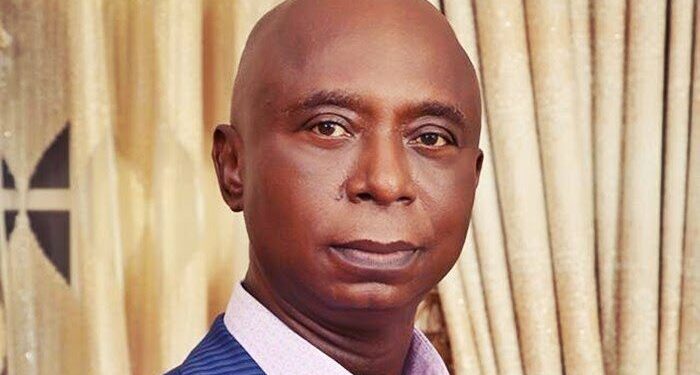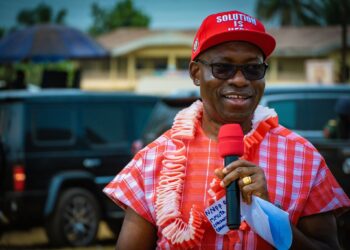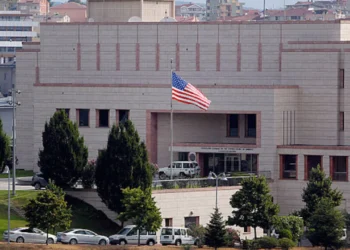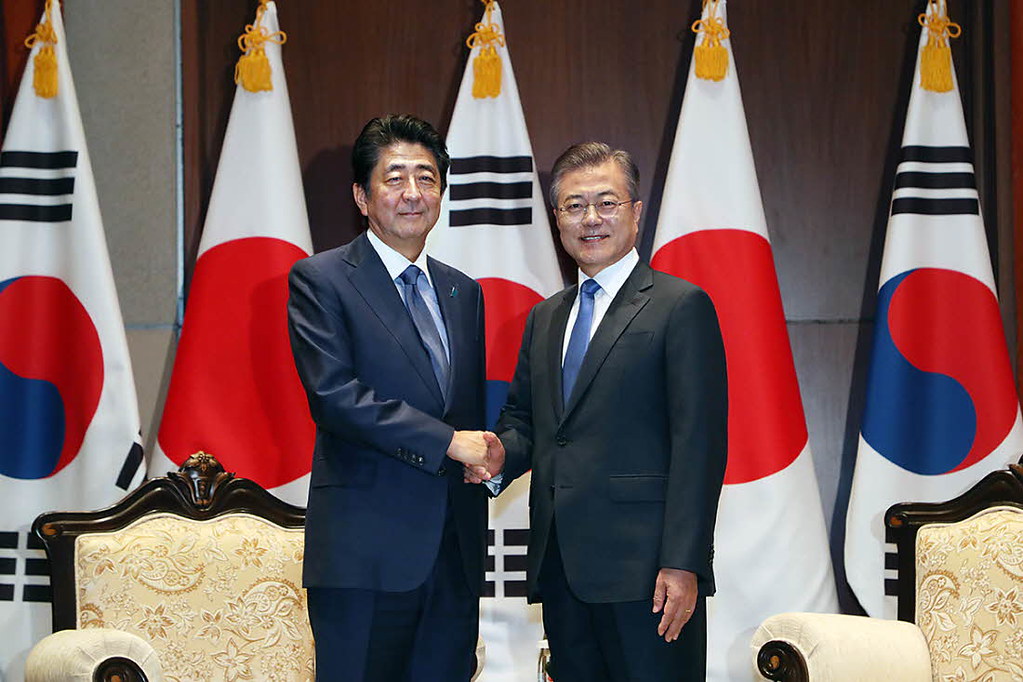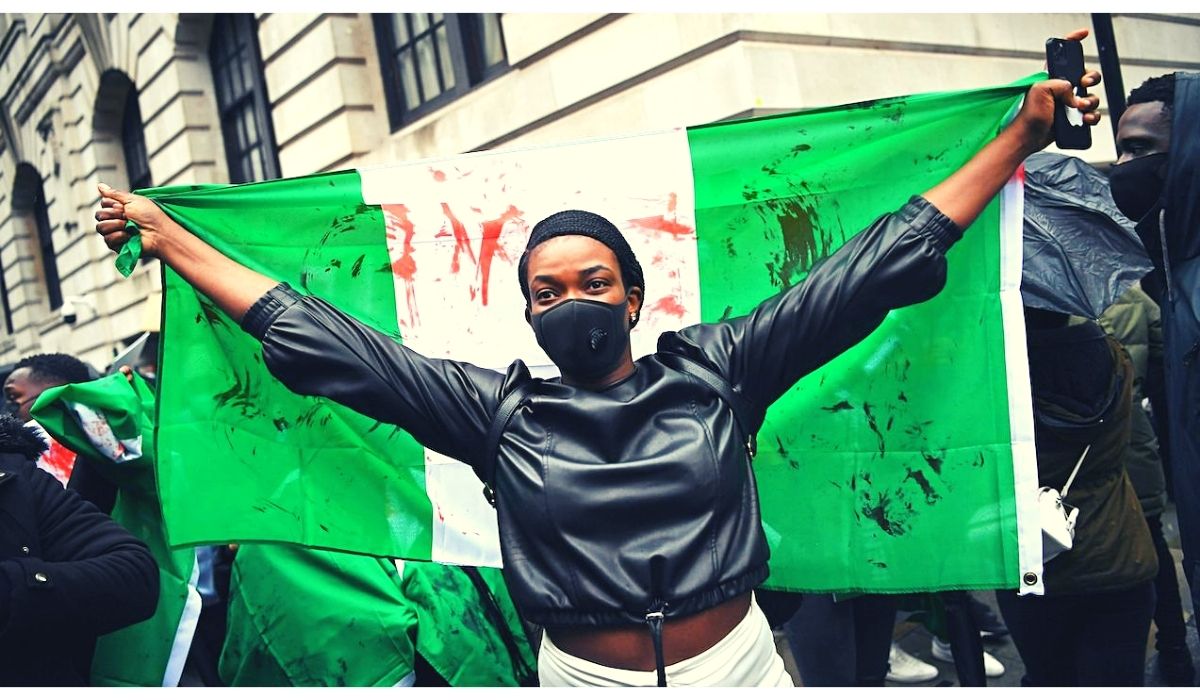Senator Ned Nwoko’s impassioned plea for the Anioma people to embrace their Igbo identity is a powerful, long-overdue call for historical and political reckoning. The statement, delivered at a conference for the Igbo Unification Movement, is not just about cultural heritage; it’s a strategic masterstroke that highlights a deep-seated identity crisis born from the traumas of the Nigerian Civil War.
By publicly asserting that the Anioma people are unequivocally Igbo, Nwoko is taking a bold and necessary step to correct a historical injustice and build a more powerful, united front in the Nigerian political landscape. His advocacy for a new Anioma State might be part of his personal quest for power, but it’s also a vital part of this larger movement for justice and political consolidation especially at a time when false narratives are making rounds on X (formerly Twitter).
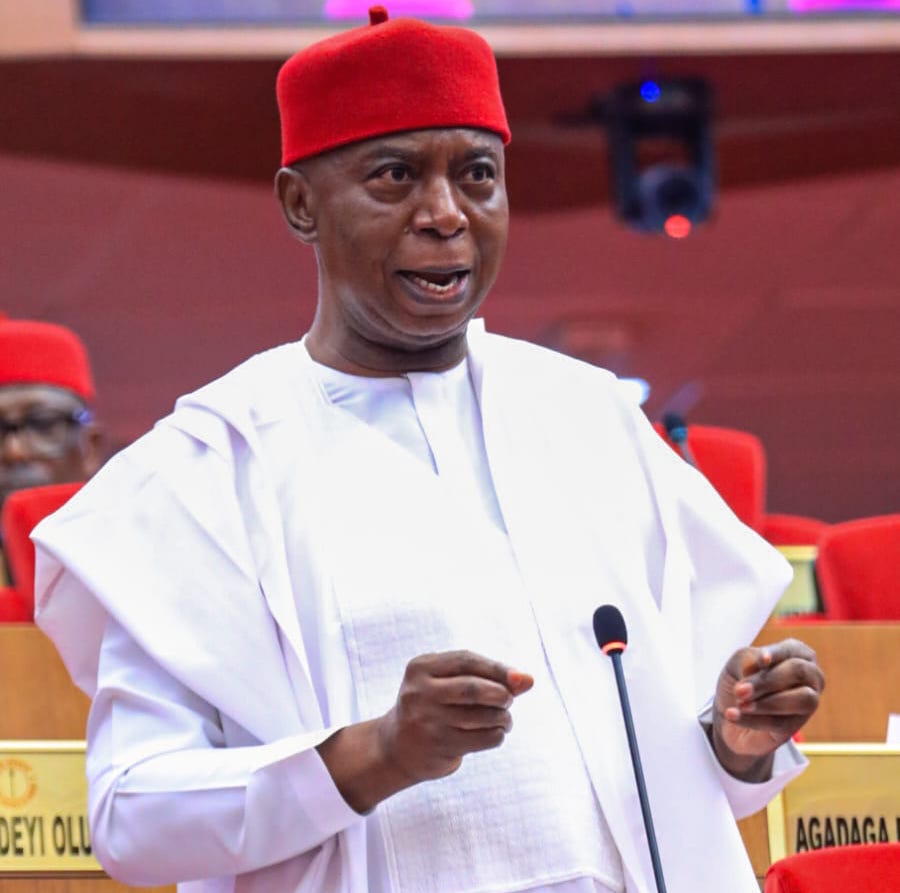
Why It Matters
The identity crisis faced by the Anioma people is a direct consequence of the brutal history of the Nigerian Civil War. Caught on the wrong side of the River Niger during a conflict that pitted the federal government against the Igbo-led state of Biafra, the Anioma people were victims of what Nwoko rightly calls “ethnic cleansing.”
To survive, many were forced to deny their heritage, leading to a lingering identity crisis that has lasted for decades. This manufactured division has served to weaken the Igbo nation as a whole, both culturally and politically. The efforts of groups like the Ndi na Asu Bia Socio-Cultural Organisation to reverse this narrative are crucial.
By promoting a unified Igbo identity, they are not just reviving a culture; they are building a foundation for political strength and a more equitable future.
To achieve the dream of a united Igbo nation and the creation of Anioma State, a new, more strategic approach is needed. First, the Igbo elite must move beyond cultural rhetoric and invest in practical, grassroots efforts to educate younger generations on their shared history.
This requires funding for cultural centers, historical research, and educational programs that celebrate Igbo heritage across all communities, from the Delta to the southeast and beyond.
Second, the movement for Anioma State must be framed as a matter of both historical justice and political necessity. The southeast is the only major geopolitical zone in Nigeria with just five states, a demographic disadvantage that marginalizes the Igbo people in the National Assembly and limits their access to federal resources.
The creation of a sixth Igbo state would be a massive step toward correcting this imbalance. Finally, all Igbo political leaders, regardless of party affiliation, must present a united front on this issue, as Senator Nwoko has urged. Only through unwavering collective effort can they achieve the political relevance and institutional fairness they deserve.

